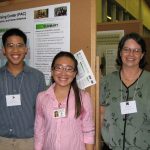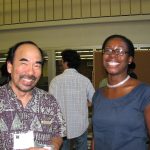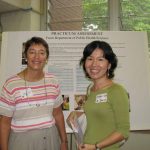Engaging in Self-Reflection: Using Assessment to Inform Retention Academic Advising Practices
Engaging in Self-Reflection: Using Assessment to Inform Retention Academic Advising Practices In Fall 2012, the College of Education …


Engaging in Self-Reflection: Using Assessment to Inform Retention Academic Advising Practices In Fall 2012, the College of Education …

The Communication Department’s mission is to meet the challenges and opportunities of communication in the emerging technological, multicultural, …

Students who utilize PAC’s services learn their roles and responsibilities in the advising relationship; create a comprehensive plan …

The Department of Psychology has adopted the learning goals and outcomes proposed by the American Psychological Association Task …

In the Spring of 2008, all students in Foundations in Writing (FW) courses were asked to select and …

Practicum assessment utilizes an approach that helps ensure the masters of public health (MPH) students learn to take …

Over the past several years the Department of Speech has collected data from Speech majors prior to their …